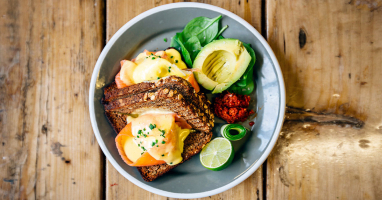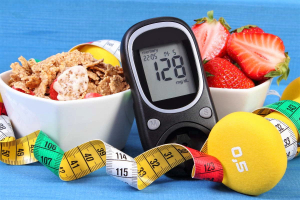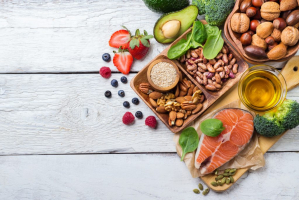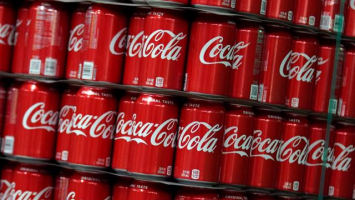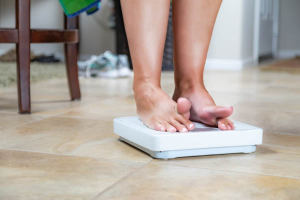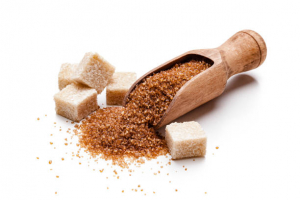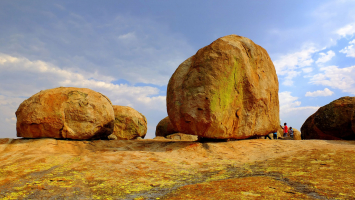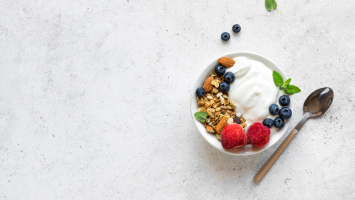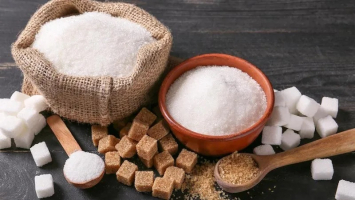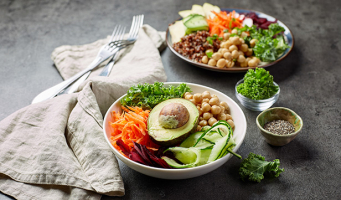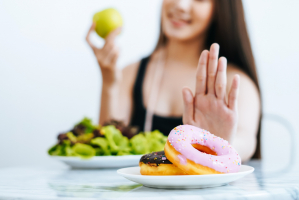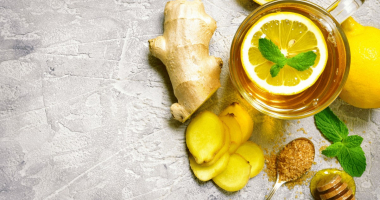Top 10 Surprising Reasons for Blood Sugar Swings
Unexpected blood sugar swings are a part and parcel of managing diabetes. Your sugar levels can occasionally become unbalanced as a result of certain foods, ... read more...drinks, and life choices. The following are some factors that may cause unexpected fluctuations in your blood sugar levels.
-
Dehydration results in a drop in blood water levels, which causes the sugar in your circulation to become more concentrated. To make matters worse, high blood sugar can cause you to urinate more, resulting in even more dehydration.
To keep hydrated and healthy throughout the day, people with diabetes should be particularly careful about drinking lots of water or other calorie-free beverages. The amount of water you should drink depends on your age and stage of life. Furthermore, those with high levels of physical activity or body mass have increased hydration requirements. If you have trouble drinking plain water, consider adding some citrus wedges, frozen berries, cucumber slices, or fresh mint leaves as a garnish. Unsweetened iced herbal teas, such the raspberry, cherry, or peach flavors, are also wonderfully refreshing and free of caffeine you should try.
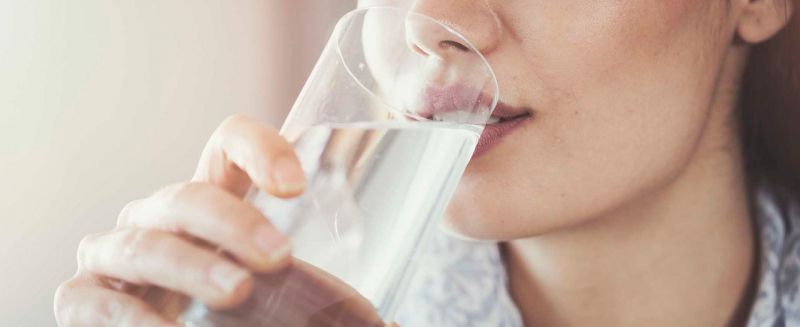
Dehydration Drives Up Blood Sugar 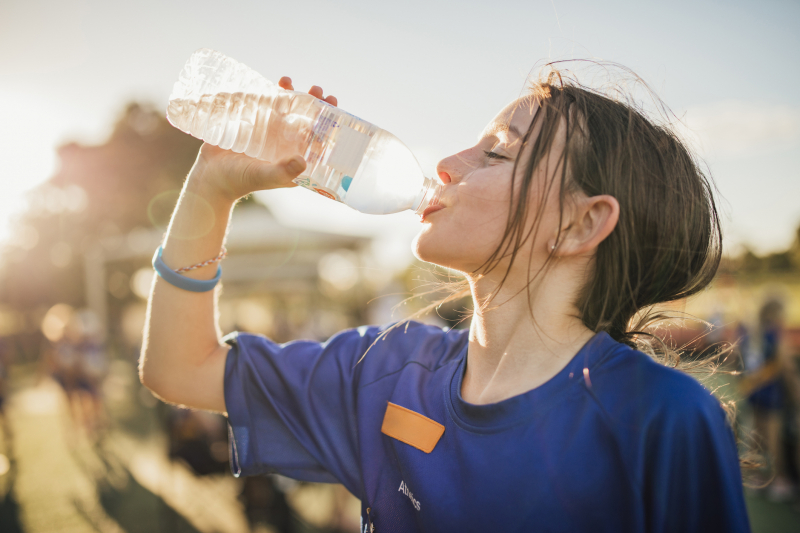
Dehydration Drives Up Blood Sugar -
Because they believe that sugar-free beverages won't cause their blood sugar to rise, many people with diabetes seek diet drinks instead of regular soda or juice. However, a review published in January 2021 of Frontiers in Nutrition mentioned the prospect that artificial sweeteners could not be completely neutral after all and might rather worsen glucose homeostasis.
Artificial sweeteners' sweet flavor induces cephalic phase insulin release, which results in a little increase in insulin levels. But if you regularly use it, it may change the balance of the gut bacteria. This could make cells resistant to the insulin people produce, leading to both increased blood sugar and insulin levels. Be careful when using sugar alcohols, such as mannitol, sorbitol, and xylitol. Your blood sugar level might rise as a result of sugar alcohols. Additionally, sugar alcohols may also give some people diarrhea.
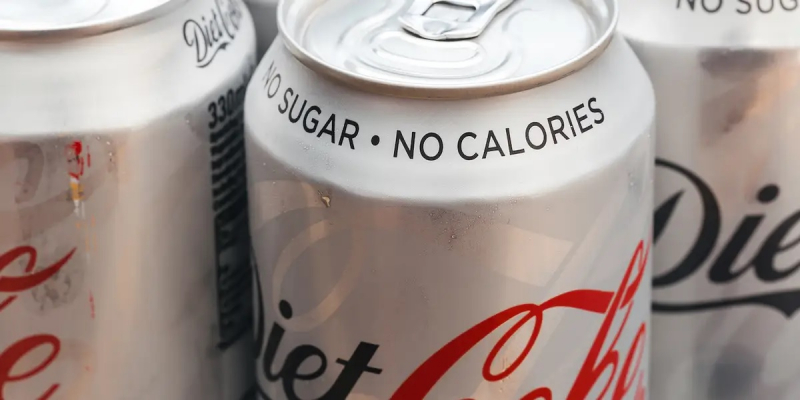
Artificial Sweeteners May Alter Blood Sugar Response 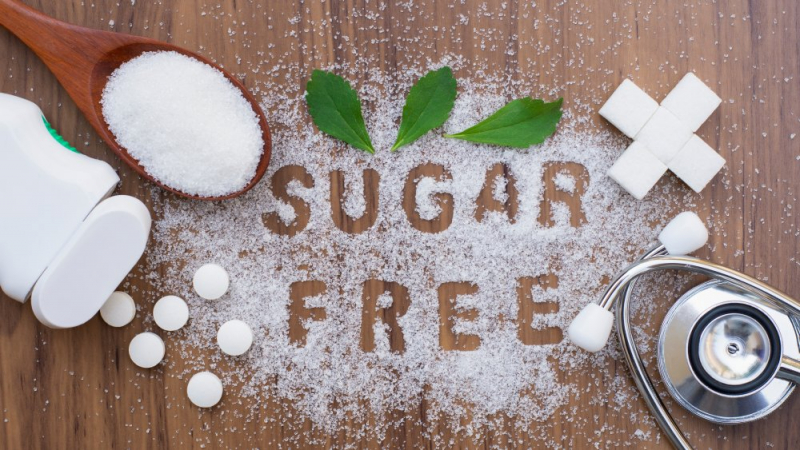
Artificial Sweeteners May Alter Blood Sugar Response -
Blood sugar levels may be influenced by prescription and over-the-counter medications you use to treat conditions other than diabetes.
Steroids, for example, which is used to treat autoimmune diseases, asthma, and inflammatory diseases, can produce significant increases in blood sugar. Birth control pills, some antipsychotics and antidepressants, some diuretics, and nasal decongestants may also result in higher-than-average levels, while other medications may drop blood sugar or make it more difficult to detect hypoglycemia signs. You should consult with your pharmacist before beginning the use of any new drugs, whether they are prescribed or not. Ask whether these products will affect how you manage your diabetes or interact with any other medications you're taking.
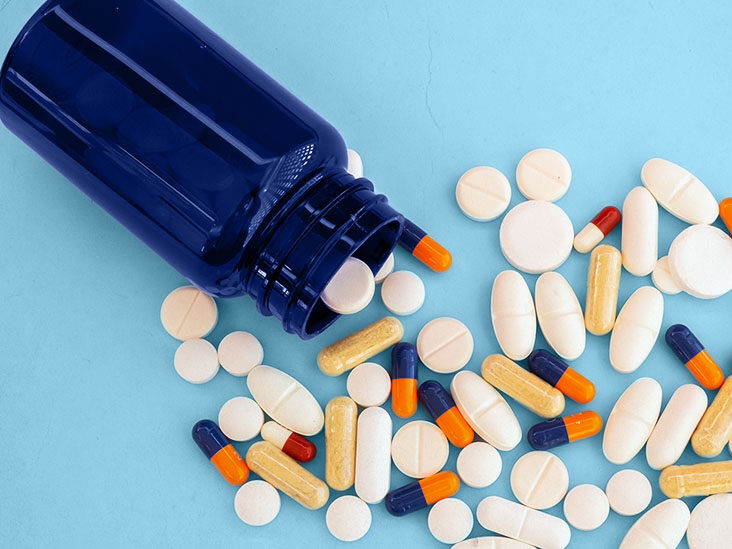
Some Medications Meddle With Diabetes Control 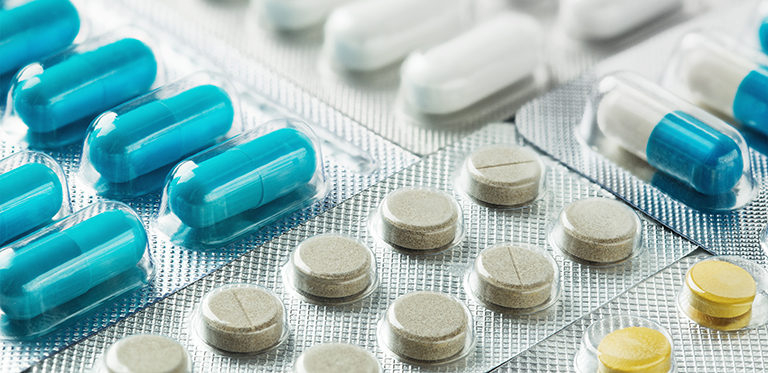
Some Medications Meddle With Diabetes Control -
Even if your reading was in the normal range when you went to bed, it's not unusual to wake up with a high blood sugar reading.
Between 2 and 8 a.m., as the body is ready for waking up by releasing cortisol and other hormones, you could be going through the "dawn phenomenon". These hormones reduce the body's sensitivity to insulin, which in diabetics might cause a blood sugar increase in the morning. On the other hand, if you use too much insulin or medicine at night or don't eat enough in the evening, your blood sugar may be low when you wake up. Shortening the fast by eating a small, protein-rich, low-carb snack before bed might occasionally help without spiking nighttime blood sugar.
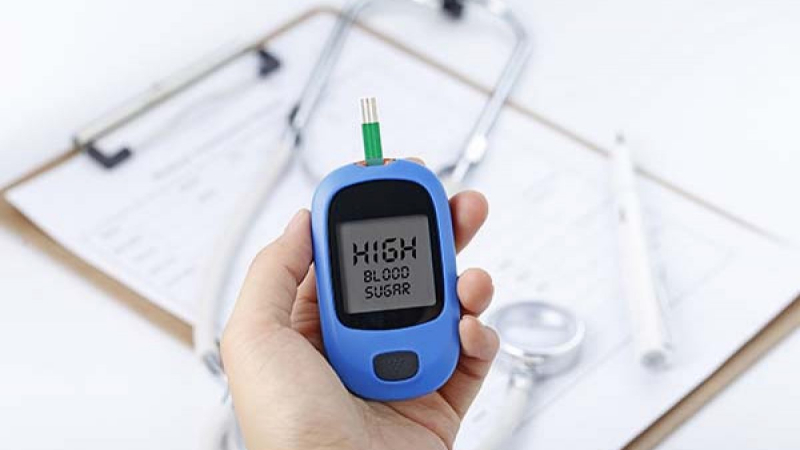
Watch Out for the Infamous ‘Dawn Phenomenon’ 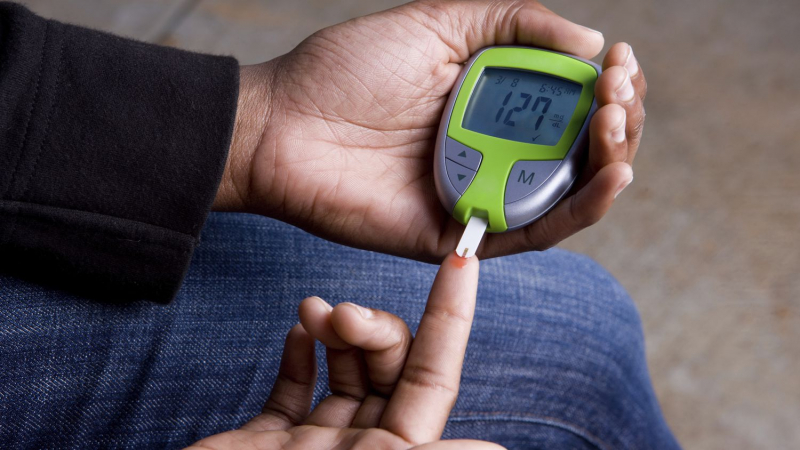
Watch Out for the Infamous ‘Dawn Phenomenon’ -
Hormonal changes during a woman's premenstrual phase such as cramping, bloating, and mood swings, might cause the blood sugars to significantly vary.
Depending on the person, some diabetic women may become less sensitive to insulin in a week or two prior to their period, which can result in higher-than-normal blood sugar levels. Right after menstruation begins, readings usually return to normal. Reduce your intake of carbs at that time or add more exercise if you notice that your blood sugar levels are regularly high the week before your period.
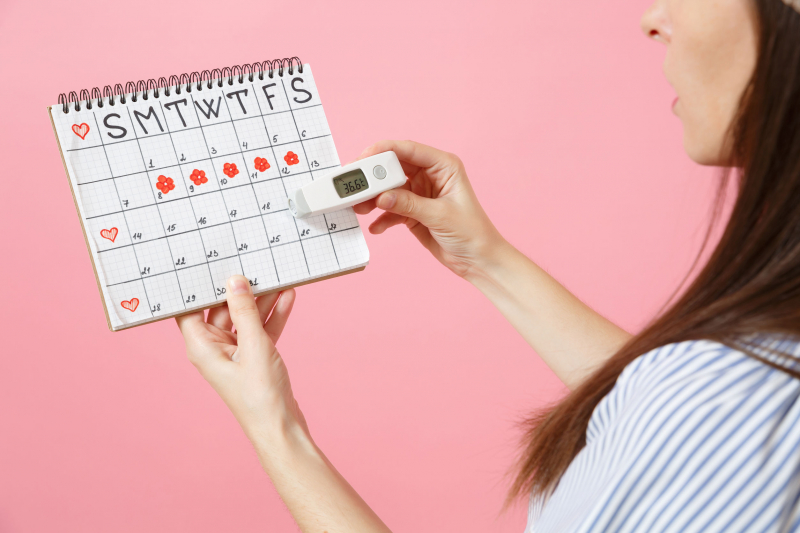
Women's Menstrual Cycles Can Affect Blood Sugar 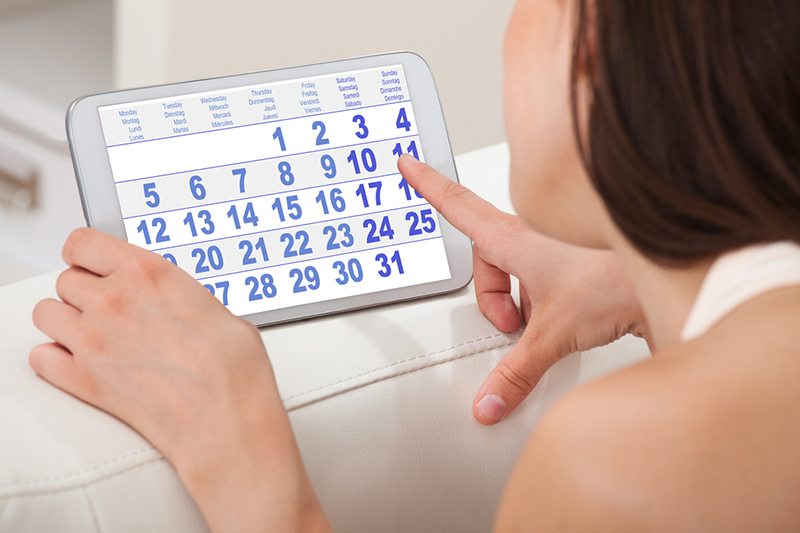
Women's Menstrual Cycles Can Affect Blood Sugar -
Diabetes patients with sleeping problems, difficulty falling asleep, or regular nighttime awakenings had higher fasting blood sugar levels. This is due to the fact that anything that disturbs your routine might make you feel exhausted. Your body requires more energy to function if it is awake when it should be sleeping. In many cases, this might lead to insulin deficiency.
Additionally, if you don't get enough sleep, you'll probably feel more tired during the day, which will make you feel more hungry than usual. As a result, you could eat more, which would cause your blood sugar to rise. Work to establish a regular sleep schedule where you go to bed and wake up at the same time each day in order to improve your sleep quality and duration. Consult a sleep medicine specialist for assistance if you're still having issues sleeping.

Insufficient Sleep Can Throw Blood Sugar Out of Whack 
Insufficient Sleep Can Throw Blood Sugar Out of Whack -
Extreme weather conditions can make it difficult to control diabetes, whether it's sweltering hot or freezing cold outside. This is because each person with type 2 diabetes has a different reaction from their body to heat. On extremely hot days, some people may see a slight increase in their blood sugar because the uncomfortable weather puts additional stress on their body; however, others, especially those who use insulin, may feel the opposite.
According to the Centers for Disease Control and Prevention, high temperatures can also impact how the body uses insulin and possibly cause blood sugar swings. It also notes that chronically high blood sugar levels might affect the body's ability to regulate its temperature while also causing the body to lose fluids more quickly.

Extreme Weather Can Hinder Diabetes Management 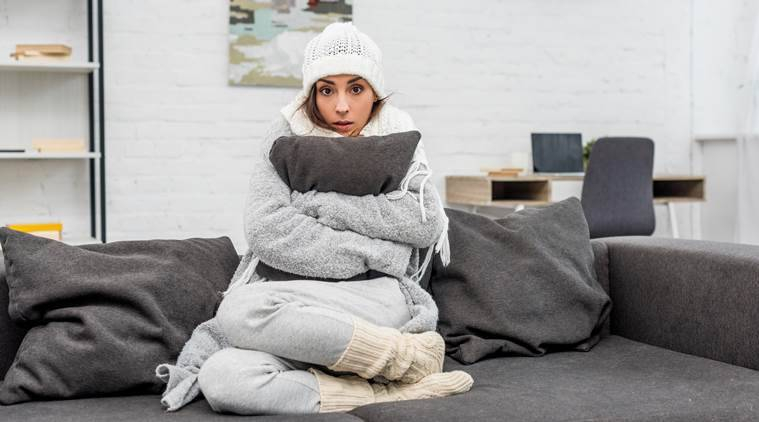
Extreme Weather Can Hinder Diabetes Management -
On a lengthy journey, skipping a few time zones throws almost everyone off, but diabetes are particularly concerned. The time change might mess up your medication routine and lead to unusual eating and sleeping patterns that affect your ability to regulate your blood sugar.
Additionally, you could eat more, drink more alcohol, or be more active when on vacation or when traveling, all of which might result in blood sugar swings. You should monitor your blood sugar more regularly when traveling to detect any concerning trends early before they develop into significant problems. Bringing a reusable water bottle and healthy, carb-balanced snacks. Even if it can't be at precisely the same times as you usually eat, try to eat something every four hours throughout the day. Work on a medication plan with your diabetes care team before your trip if you take insulin and will be shifting time zones so that you don't miss any doses.
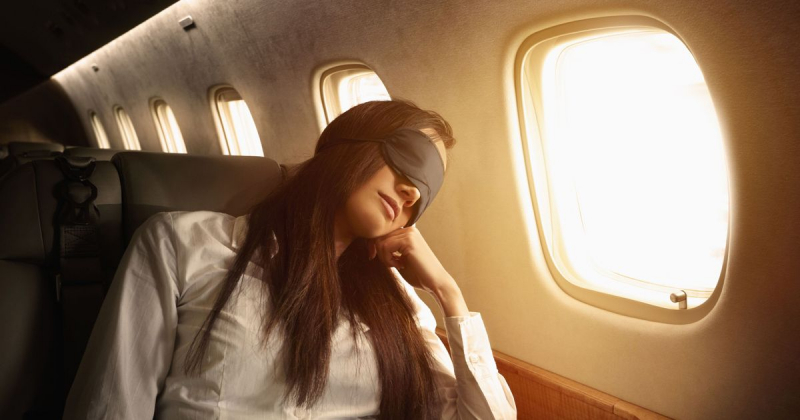
Traveling Can Disrupt Routines 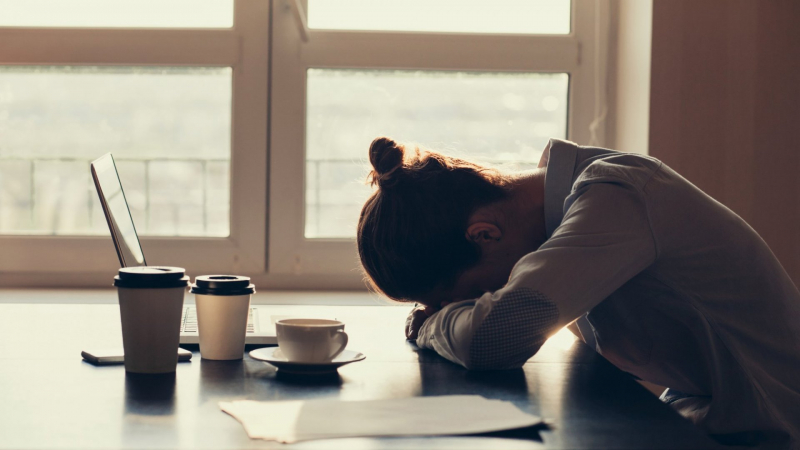
Traveling Can Disrupt Routines -
If you regularly have blood sugar fluctuations and consume a lot of caffeinated beverages (including diet soda, coffee, and tea), you should attempt cutting back to improve your glucose control.
Most people can safely consume up to 400 mg of caffeine per day, however, those who have diabetes may have low or high blood sugar due to caffeine's power to impact how insulin acts. About 200 milligrams of caffeine, or one to two 8-ounce (240 milliliters) cups of plain, brewed coffee, may have this effect in certain diabetics. Every person responds to caffeine differently. Limiting the quantity of caffeine in your diet may be beneficial if you have diabetes or are having trouble managing your blood sugar levels.
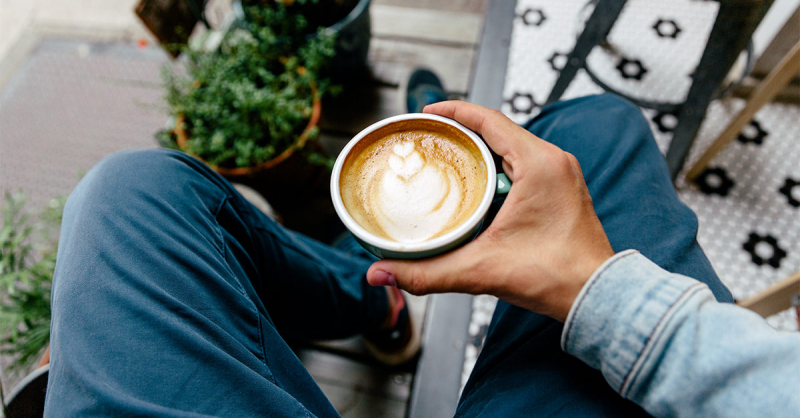
Too Much Caffeine Can Give Blood Sugar a Jolt 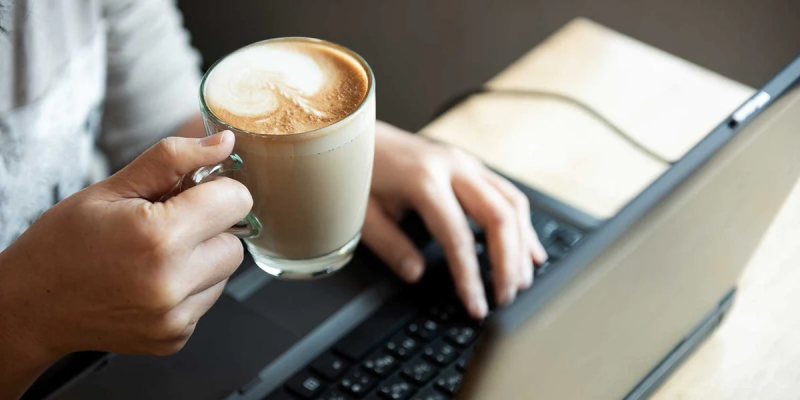
Too Much Caffeine Can Give Blood Sugar a Jolt -
Blood glucose monitors, which are instruments that test and show your blood sugar level, are often accurate when used properly. However, occasionally they could be wrong.
The reading may be affected if your hands still have sugar residue from whatever you've eaten or touched. Avoid washing your hands with rubbing alcohol or antibacterial hand sanitizer. Before using your meter, thoroughly dry your hands after washing them with soap and water. Regular testing is the greatest way to determine how effectively you are controlling your diabetes, therefore you should include blood sugar checks into your daily routine.
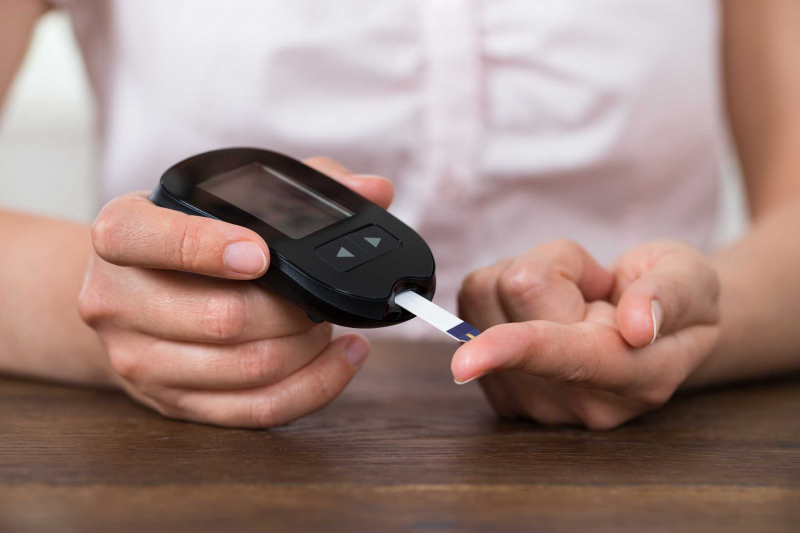
Blood Sugar Testing Mistakes May Cause Inaccurate Readings 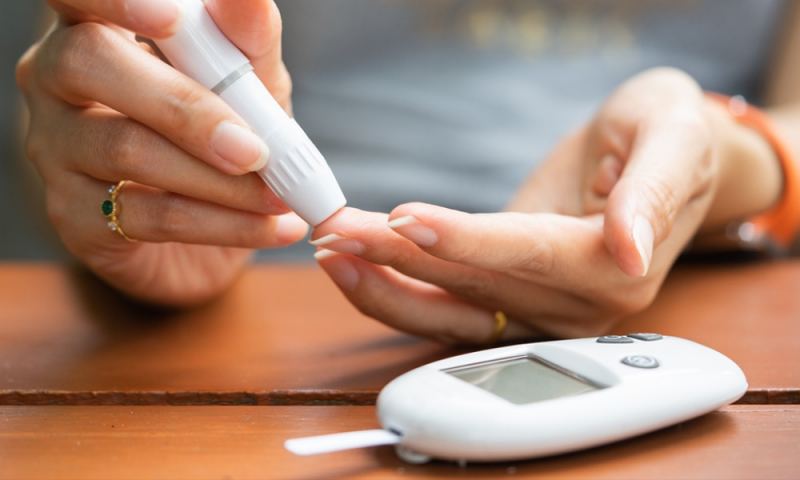
Blood Sugar Testing Mistakes May Cause Inaccurate Readings












